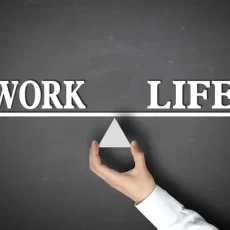We usually pick up a particular career because we have been deeply impressed by the talent and the achievements of those outstanding in that field. We decide the direction we’ll head in after sampling a glass of beer brewed by an award-winning brewer, after marveling at the sight of a tower designed by a humble and extremely talented architect, after reading through the pages of a best-selling novel. We marvel at those who seem perfect and then begin our journey on the same path they once walked on.
But soon after you pick up a canvas and some paints (after having witnessed the work of mights like Picasso or D’Souza) and decide to create something, what you end up with is something mediocre, something that doesn’t taste of the talent we were initially so mesmerized with.
The very perfectionism that inspired us has landed us in a pool of ineptitude. And somehow, we find ourselves drowning. We have ultimately fallen into the Perfectionist Trap.
Feeling this way primarily isn’t our fault. Without us being aware, the media daily edits the failure, rejection and sadness of millions of people only to put forth the peak moments of some people. And suddenly what isn’t the norm seems like one. We suddenly start feeling that all those who surround us are successful because all we hear about is success. What is kept away from us are the tears and the anxiety that probably preceded this success.
We are with ourselves 24 hours a day and know the struggles we go through. But when it comes to others, all we are presented with is laughter and smiles.
What we need is a saner and more realistic picture of those we admire. Instead of walking into a museum to admire the work of an artist, we should visit his/her studio and have a look at the unfinished works that show the artist’s anguish and pain. Instead of instantly falling for someone’s successes, we should first have a look at their failures. We should feel inspired by someone’s work and not intimidated.
We need to start recognising the beautiful essential role played by failures and allow ourselves to fall many times before we finally succeed. We need to base our lives not on spontaneous successes but on the slow successes.





